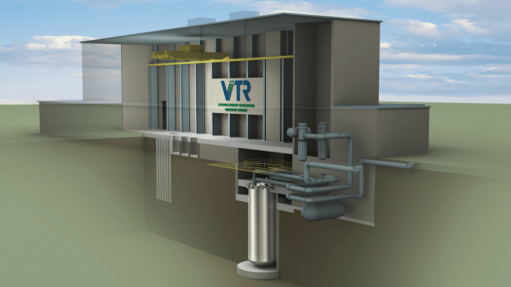
Name of the Project
US Versatile Test Reactor (VTR).
Location
The VTR will be built at the Idaho National Laboratory (INL), in Idaho, in the US.
Project Owner/s
The US Department of Energy (DoE) Office of Nuclear Energy.
The project is being led by Idaho National Laboratory, in partnership with five national laboratories – Argonne, Los Alamos, Oak Ridge, Pacific Northwest and Savannah River – and includes a host of industry and university partners.
Project Description
The plant will be a first-of-a-kind facility at the Idaho National Laboratory.
The proposed VTR will be a 300 MW sodium-cooled, fast-neutron-spectrum test reactor that will enhance and accelerate research, development, and demonstration of innovative nuclear energy technologies.
Potential Job Creation
Not stated.
Capital Expenditure
Not stated.
Planned Start/End Date
The VTR could be completed as early as 2026.
Latest Developments
The DoE has released the final VTR environmental-impact statement (EIS).
The EIS has identified the construction and operation of the VTR at the INL site as DoE's preferred alternative, where existing facilities within the adjacent materials and fuels complex will be modified and used for post-irradiation examination of test assemblies and treatment of used nuclear fuel. Treated used fuel will be temporarily stored at a new VTR spent fuel pad at the materials and fuels complex.
To the extent possible, existing facilities (modified as necessary) will be used for the VTR support facilities. The DoE has not identified a preferred option for where it will perform reactor fuel production.
Key Contracts, Suppliers and Consultants
Bechtel National GE Hitachi Nuclear Energy and TerraPower (conceptual design, cost estimate, and schedule for the VTR).
Contact Details for Project Information
DoE Office of Nuclear Energy, tel +1 202586 2240 or email NECommunications@Nuclear.Energy.gov.